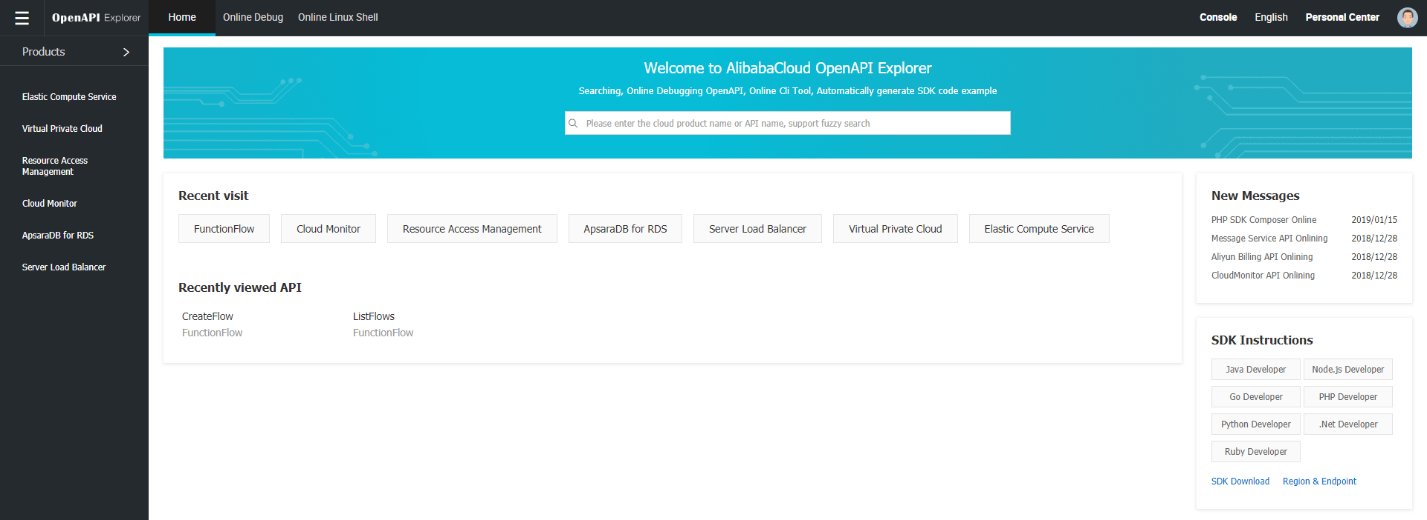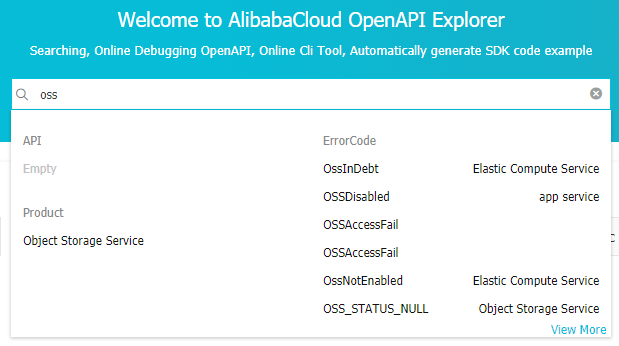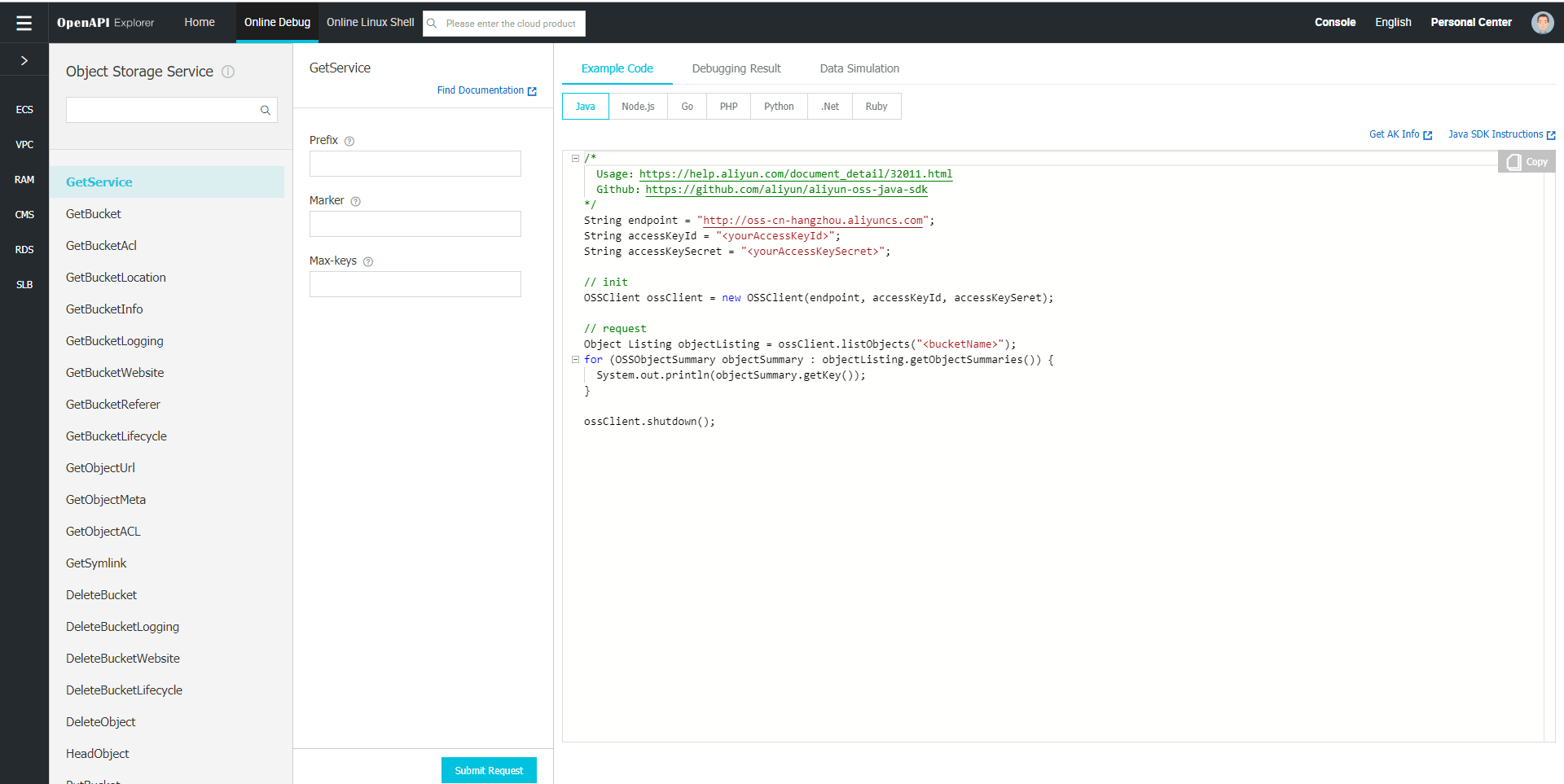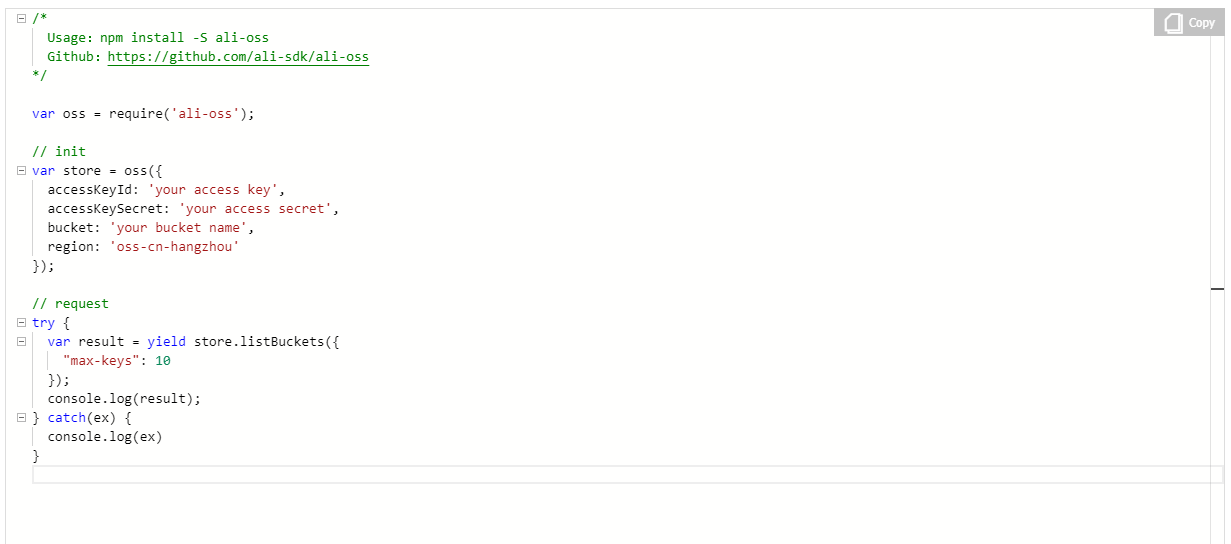Originally, Alibaba used to be widely prevalent only in China, back in 2009, and was used only for e-commerce solution that helped it expand to a cloud service suite which is in high demand now. However, within last few years, it has made a phenomenal outreach to other countries offering several of its proven services with a seamless pace especially in Asia pacific countries—where Alibaba Cloud shines are the best cloud services provider. You should get started with a free account and get some free credits to try out the services too.
On the first login, it gives you enough credit to explore and experience a plenty of its services. Among all, pricing and the handy user experience are the most appealing features which come along with every major or small-scale Alibaba Cloud service. They aim to improve developer experience with their services with an exponential pace; by organizing tech-sessions and webinars, giving away credit hampers etc. Following are the major advantages which are enjoyed and loved by every developer who works with Alibaba cloud service—including myself, and this is what led me to further have interest in their Alibaba Cloud MVP program!
You will not be charged if you are not using the server, even in the case of reserving the instance. This is the best and most competitive pricing model which Alibaba Cloud offers. Almost every service follows pay-as-you-go scheme which leverages user to explore product features at its highest possibility.
Alibaba Cloud Connect platform is the one where developers, users and customers keep sharing their experiences and feedback. Sharing feedback and one's own experience has become appreciating, this positive and so welcoming community response improves overall working experience with Alibaba Cloud—I just had one of my submissions approved, and guess what, it was a kind of problem that I was facing and I posted it online, within a few hours it was approved for future plans.
The ticketing system is super-fast and works tremendously. Sometimes it seems difficult to get some configurations settings and tweaking in the application behavior done, in that case Alibaba Cloud's online support team seems always be available for the speedy support and help. In case you get a chance to visit our Forums, I might be there to help you with a problem you have.
Above all, there are massive updates in their product suite. Dedicated and independent solutions are available with complete and understandable documentation and sample.
Abovementioned are all the major reasons why someone would like to experience Alibaba Cloud services, nonetheless, getting familiar with dozens of different services and make the most out of them is not that handy. Function calls for end-to-end communication such as authentication, authorization, making HTTP requests etc. vary from one API to another API. Most customers are fond of having their own teams build automation scripts, and availability using the SDKs. Although Alibaba Cloud does provide and support these services in-house, and sometimes free of cost, but in case where they require licensing, enterprises end up having their own solutions developed. That requires at least an intermediate level of understanding of the product and its SDKs.
So, going through the product documentation from scratch and build up the understanding can be little wonky. Moreover, while working in the professional environment you do not get much time to spend on such tasks; reading documentation, implementing steps or writing scripts to automate the usage, because, the major purpose that your company is paying for these services is to remove the overhead of doing these non-reusable tasks.
Therefore, Alibaba Cloud introduces OpenAPI Explorer to facilitate its users by providing web interface or web CLI to view the overall list of available functions and user calls. So far, we have discussed the ultimate requirement set and the purpose of using OpenAPI service, in the remaining article, first we will cover the overall theory that covers the high-level implementation of this API, and then we will have the hands-on grasp of its technical functionality through a step-by-step guide.
Alibaba Cloud OpenAPI is a web-based tool which presents the API calls and its overall request-response structure visually, hence it is way better than understanding any API by reading its documentation and going through the user guide step by step in case when you just want to use it directly for some specified task. Also, it generates automatic SDK examples as per the API request to get you a better understanding of how to execute these scripts over Alibaba cloud SDK.
Alibaba Cloud has a vast support for the languages that are out there. Most products support almost every widely used programming language out there. I have experienced products with SDK samples for .NET, Python, Ruby, Java, C++, Go, and much more. So, in any way, you are always backed up with the best in class sample codes that you can in turn take to your own applications and integrate them with the code to have your own workflows ready.
Now first let us look at a few of the important features of Alibaba Cloud Open API explorer, and then we will look at how we can generate the samples.
Using OpenAPI you can find any API quickly, then you can make a call through its web-interface using a well-known scheme – Zero coding. Next step will be viewing request and response ULRs. Almost every step is automatic, so is the process of generating request URL as per the indented API's request parameters and then response will automatically be displayed in the JSON format.
Sometimes the code sample will contain the official SDKs and their calls by Alibaba Cloud, and in case when the language or the product does not have an official SDK, the portal will display the native HTTP helpers to issue a request and handle a response.
One can develop their own application on the baseline of Alibaba Cloud. OpenExplorer helps you to visualize and explore others API's function definitions. Additionally, OpenAPI provides a wide range of web-based online debugging and CLI methods to help you view and save the API's function results and logs. Also, you can troubleshoot the steps as per the given error code which is displayed in the OpenExplorer. These display messages help you to locate the issue precisely to quickly solve it.
Short examples and code snippets always help. Similarly, when one uses Alibaba Cloud SDK to develop any application, related code samples in the desired language are required to get the help from. Therefore, OpenAPI generates SDK examples in the most popular languages such as Java, Python, PHP and Node to get you kick start with the development methodologies and overall flow—again, in case there is no support for an official SDK, a native HTTP helper will be used.
Once you call any API available in the Alibaba Cloud marketplace, you can visualize all the respective calls to analyze and understand them better. Moreover, there are two options to visually go through these internal API calls; Web Interface and Web CLI. Using web interface, you not only just view the request and response queries but also analyze overall consumption time to bring the output after the request call that you have made.
Other than the web interface, Web CLI option is also available to make command line calls from the API explorer. This is implemented to give the familiar option for the Linux users.
OpenAPI is developed to make your experience even better with other Alibaba Cloud services and tools. So, it is ready to use without any prior charges or subscription. However, you will be charged if you create an instance of any cloud resource using API call and start using it. Moreover, if you will make requests to any other service listed in the Alibaba cloud marketplace, then you will need to purchase that service first before using it in OpenAPI explorer. You should give it a try – User Guide to explore OpenAPI, as it opens hundreds of other options available for you to explore other Alibaba services with a quite smooth and pleasant experience.
Now let us go ahead and create a sample application for any programming language that uses Alibaba Cloud infrastructure. We know that other resources, such as ECS, SLB are infrastructure-based resources, but there are services such as OSS that rely on data outside the infrastructure, so we can explore the options and see how to interact with OSS using the SDK.
Visit the API website for Alibaba Cloud. You will see a bunch of services that are ready to have samples generated for you,

On the right side you have some guidance and tips that can help you integrate the Alibaba Cloud SDKs for the samples that are being generated here. Anyways, we will just search for Object Storage Service and visit the page for OSS.

You will see a bunch of options here, which are the API actions that you can hit and perform actions on the OSS infrastructure for your resources.

This page demonstrates the first (in the list) action for the OSS product. As you can see it also lets you select the language of your choice for the sample code generation. For example, here is a code sample for Node.js based applications, and if you look closely, you will find that the package installation method has also been shown there—through NPM.

If you want to use HTTP based clients, then you can find the query URL in the debugging result tab, here is a sample URL that was generated based on the OSS bucket that I have provided it with.

If you get this result that means the bucket is not in your access, you should provide a valid input for this. Here is a result for a valid input that I have passed to this API,

Using the URL provided above, we can then program our HTTP clients natively and add the functionality that we are looking forward to developing.
Furthermore, OpenAPI Explorer is open for improvements based on the user feedback and reviews. Do log a suggestion if you find something missing in the product. From my side, I believe, a useful addition can be the support for third-party applications which are built using some Alibaba Cloud services.
The views expressed herein are for reference only and don't necessarily represent the official views of Alibaba Cloud.

2,593 posts | 793 followers
FollowAlibaba Cloud Community - December 28, 2021
Alibaba Cloud Native Community - February 12, 2026
Alibaba Clouder - January 9, 2019
Alibaba Cloud Native Community - February 6, 2026
Alibaba Cloud Native Community - February 13, 2026
Alibaba Cloud Native Community - June 4, 2025

2,593 posts | 793 followers
Follow OpenAPI Explorer
OpenAPI Explorer
OpenAPI Explorer allows you to call an API through its web interface or WebCLI, and view the entire process.
Learn More API Gateway
API Gateway
API Gateway provides you with high-performance and high-availability API hosting services to deploy and release your APIs on Alibaba Cloud products.
Learn More AgentBay
AgentBay
Multimodal cloud-based operating environment and expert agent platform, supporting automation and remote control across browsers, desktops, mobile devices, and code.
Learn More Function Compute
Function Compute
Alibaba Cloud Function Compute is a fully-managed event-driven compute service. It allows you to focus on writing and uploading code without the need to manage infrastructure such as servers.
Learn MoreMore Posts by Alibaba Clouder